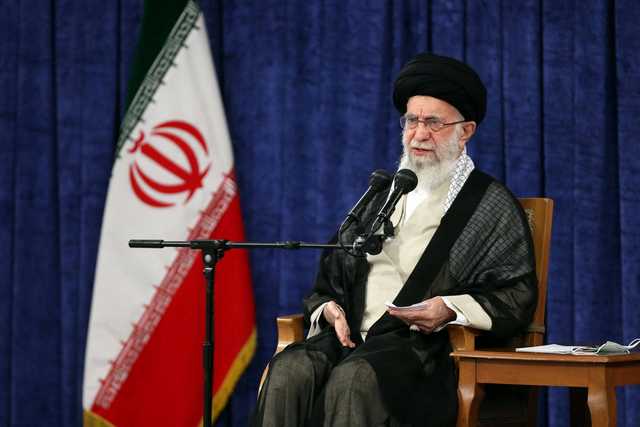
Iran’s Supreme Leader Ayatollah Ali Khamenei has approved the pardon of prisoners in the country, including some involved in the recent wave of protests. IRNA, Iran’s state television disclosed this on Sunday, describing it as part of the annual amnesty programme of the government. For others who could not get a total pardon, the Supreme leader also approved a reduction in their time.
Interestingly, if the pardon is implemented as planned, thousands of Iranians imprisoned for their involvement in the recent protests could be out in no time. Chief Justice Gholam-Hossein Mohseni-Ejei reportedly said some citizens that joined the recent protests have admitted to being deceived by “the enemy’s propaganda campaign” and have asked to be forgiven.
While the news of the presidential pardon has come with some relief, the government made it clear that some crimes are above a presidential pardon.
The sins that are beyond a presidential pardon
Following the presidential pardon by the Supreme leader of Iran, officials of the government said some prisoners are exempted from it. They include those caught spying for foreign countries or citizens with direct links to foreign intelligence services. Other crimes beyond the pardon of the leader include murder, intentional injuries, vandalism and attacks on governmental, military and public properties. Most of the protesters in Iranian prisons have been charged with either one or a number of these charges, causing many to doubt if such protesters would benefit from the amnesty programme.
In December, two protesters were executed for “waging a war” against God and last month, a dual citizen of the UK and Iran was executed for spying for a foreign country. They were accused of waging a war against God.
Pardon might not be genuine
Iran Human Rights group has questioned the genuineness of the said amnesty, describing it as propaganda.
“The hypocritical pardoning of protesters by Ali Khamenei is a propaganda act,” Iran Human Rights wrote on Twitter. “They have used their right to protest and their arrest and sentences are not justified. Not only all protesters should be released unconditionally, but in the way of justice, the trial of the leaders and perpetrators of repression is a universal right.”
On December 2nd, Amnesty International warned that at least 28 people could be executed in Iran based on their involvement in the protests.
“At least 28 people, including three children, could face execution in connection with nationwide protests as the Iranian authorities use the death penalty as a tool of political repression to instil fear among the public and end the popular uprising,” Amnesty International said. “At least six people have already been sentenced to death in sham trials.” That figure has grown to as many as 43 protesters, while activists say those awaiting execution could be up to 100. The calls for the release of these people have been ignored by the Iranian government, and there is little hope that they will be pardoned.
It is the tradition of the Iranian government to grant amnesty to prisoners on February 11 of every year to mark the victory of the Islamic Revolution.













0 Comments